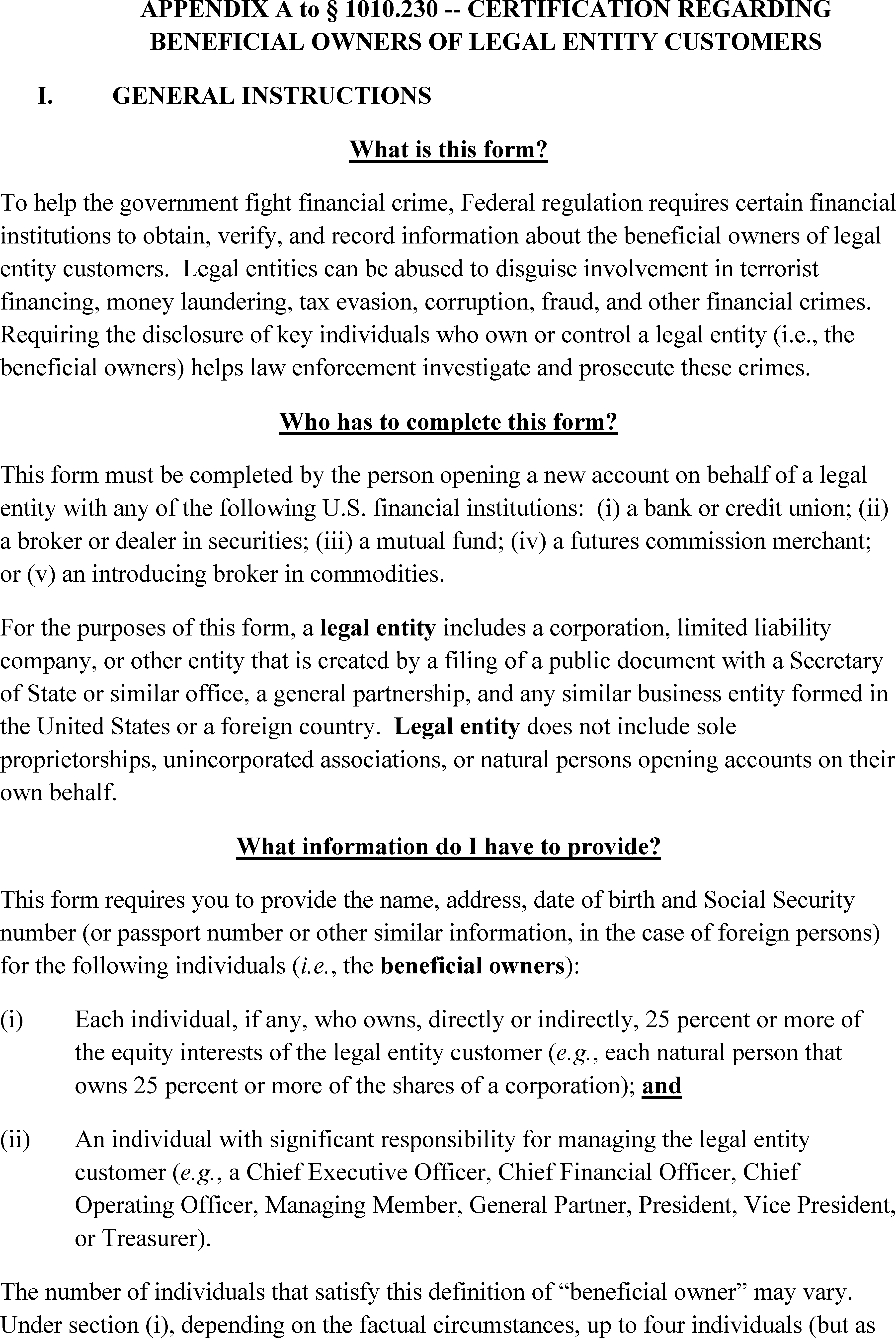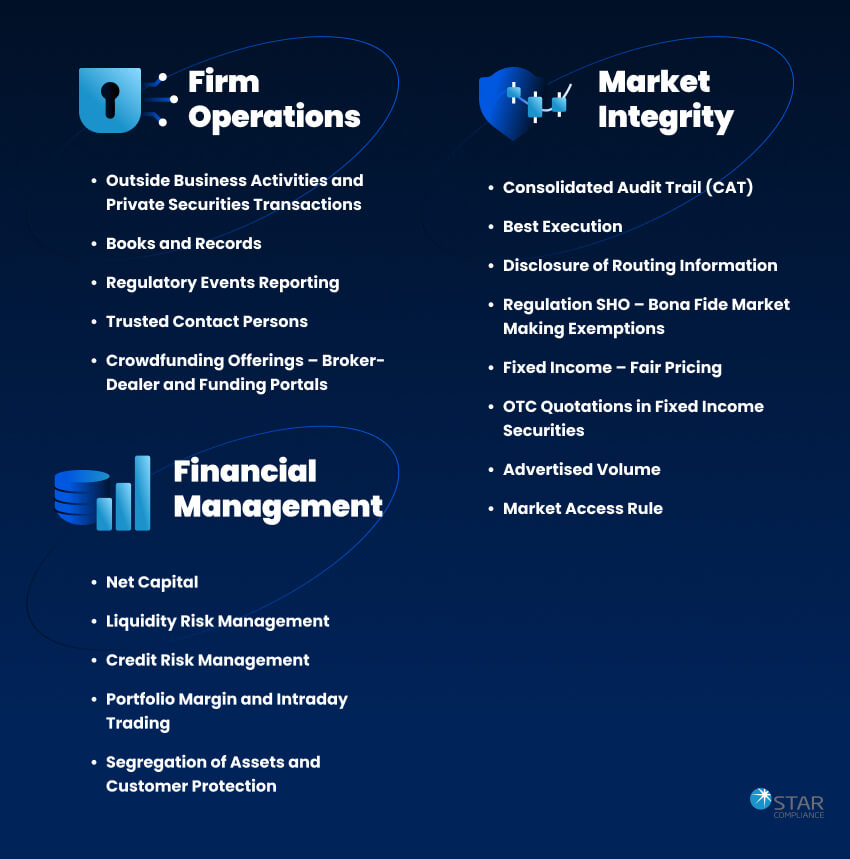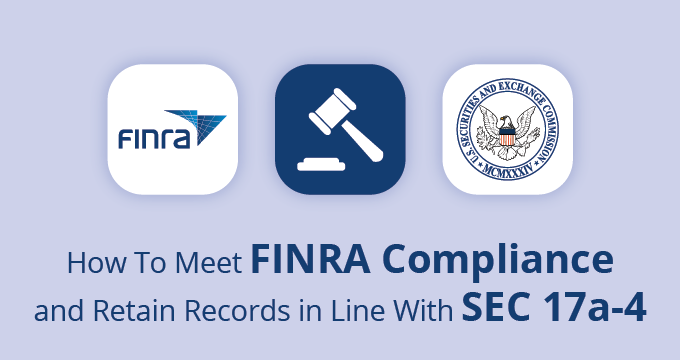Did you know that in the world of trading, brokers can sometimes be as slippery as a greased pig? Ensuring your broker complies with SEC and FINRA regulations is crucial for protecting your investments. In this article, we’ll walk you through essential steps to verify your broker's compliance, including how to check their SEC registration, understand key FINRA regulations, and identify signs of non-compliance. We’ll also cover what disclosures you should expect from a compliant broker and how to report any suspicious activities. Stay informed and safeguard your trading journey with insights from DayTradingBusiness!
How can I verify my broker’s SEC compliance?
Check the broker’s registration status on the SEC’s Investment Adviser Public Disclosure (IAPD) website and FINRA’s BrokerCheck. Look for active registration, disciplinary history, and compliance record. Contact the SEC or FINRA directly if you need confirmation.
What are the key FINRA regulations brokers must follow?
Brokers must follow FINRA regulations like the FINRA Rule 2111 for suitability, Rule 2010 for fair dealing, and Rule 3110 for supervisory procedures. They need to disclose conflicts of interest, maintain accurate records, and adhere to anti-fraud rules. Compliance also requires following rules on advertising, communication, and handling client funds. Regular training and supervision ensure brokers meet FINRA standards.
How do I check if a broker is registered with the SEC?
Visit the SEC’s Investment Adviser Public Disclosure (IAPD) website or the FINRA BrokerCheck tool. Enter the broker’s name or firm to verify registration status and compliance.
What are common signs of non-compliance in brokers?
Common signs of non-compliance in brokers include unexplained account activity, delays in trade execution, inconsistent or missing disclosures, frequent regulatory warnings or fines, and reluctance to provide clear documentation. If your broker avoids transparency or hesitates to answer regulatory questions, it’s a red flag. Unusual trading patterns or sudden account changes can also signal non-compliance.
How can I confirm my broker is FINRA-licensed?
Check the FINRA BrokerCheck website and search your broker’s name. If they’re licensed, their profile will show registration details, licensing status, and disciplinary history. You can also verify their registration through the SEC’s Investment Adviser Public Disclosure (IAPD) website if they’re registered as an investment adviser.
What disclosures should a compliant broker provide?
A compliant broker must disclose their registration status with SEC and FINRA, any conflicts of interest, fees and commissions, material risks of investments, and disciplinary history. They should also provide clear explanations of account types, potential conflicts related to compensation, and any legal actions or sanctions. Transparency about trading practices, investment risks, and the broker’s background ensures compliance with SEC and FINRA rules.
How do I review a broker’s regulatory history?
Check the broker’s registration on FINRA’s BrokerCheck and the SEC’s Investment Adviser Public Disclosure database. Look for any disciplinary actions, fines, or complaints. Review their regulatory history for ongoing or past issues. Contact the regulatory agencies directly if needed for more detailed records.
What questions should I ask to ensure my broker follows legal standards?

Ask if your broker is registered with SEC and FINRA. Inquire about their compliance history and if they've had any regulatory violations. Request details on their ongoing training and updates on regulatory changes. Ask how they handle client disputes and if they follow strict fiduciary standards. Confirm they disclose all fees, commissions, and conflicts of interest transparently. Finally, ask for references or reviews from other clients about their adherence to legal standards.
How can I identify red flags in broker behavior?
Look for signs like vague or inconsistent responses, reluctance to share credentials, or pushy sales tactics. Watch out for brokers who avoid transparency about fees or refuse to provide written agreements. If they dodge questions about regulatory status or have a history of complaints, that’s a red flag. Also, check their registration status on the SEC or FINRA websites; unregistered brokers aren’t compliant. Trust your instincts—if something feels off, it probably is.
What are the consequences of broker non-compliance?
Broker non-compliance can lead to regulatory fines, suspension or revocation of licenses, legal action, and damage to reputation. It can also result in client lawsuits, loss of trust, and increased scrutiny from SEC and FINRA, making future business harder. Non-compliance risks financial penalties and operational disruptions, potentially ending the broker’s ability to serve clients.
How often do brokers undergo SEC or FINRA audits?

Brokers are audited by SEC and FINRA typically once every 1 to 3 years, but frequency varies based on firm size, risk profile, and regulatory focus.
What documentation proves a broker’s compliance?
Broker’s compliance is proven by their registration with SEC and FINRA, evidenced through their BrokerCheck report, registration certificates, and ongoing compliance filings like Form U4 and Form U5.
How do I report suspected regulatory violations?
Report suspected regulatory violations by contacting the SEC through their EDGAR Online form or email. For FINRA violations, file a complaint via the FINRA BrokerCheck or their online complaint form. Provide detailed information and supporting evidence.
What are the differences between SEC and FINRA regulations?
SEC regulations govern the overall securities market, focusing on protecting investors and maintaining fair, efficient markets. They set rules for disclosure, registration, and market conduct. FINRA regulations are specific to broker-dealers, overseeing their operations, licensing, and disciplinary actions. SEC enforces federal securities laws, while FINRA acts as a self-regulatory organization ensuring broker compliance. SEC has broader authority, including rulemaking and enforcement, whereas FINRA handles day-to-day oversight of broker behavior and compliance.
How can I stay updated on changes in broker compliance rules?
Subscribe to SEC and FINRA alerts, newsletters, and official updates. Follow their websites regularly. Join industry associations for alerts and webinars. Use compliance software with real-time updates. Attend industry conferences and seminars. Connect with a compliance officer or legal advisor for ongoing guidance.
Conclusion about How to Ensure Your Broker is Compliant with SEC and FINRA Regulations

In conclusion, ensuring your broker's compliance with SEC and FINRA regulations is crucial for your trading safety. By verifying their registration, reviewing disclosures, and identifying red flags, you can safeguard your investments. Regular audits and staying informed about regulatory changes further enhance your protection. For comprehensive insights and guidance on navigating broker compliance, turn to DayTradingBusiness to equip yourself with the knowledge necessary for successful trading.
Learn about How to Ensure Compliance with SEC & FINRA Regulations